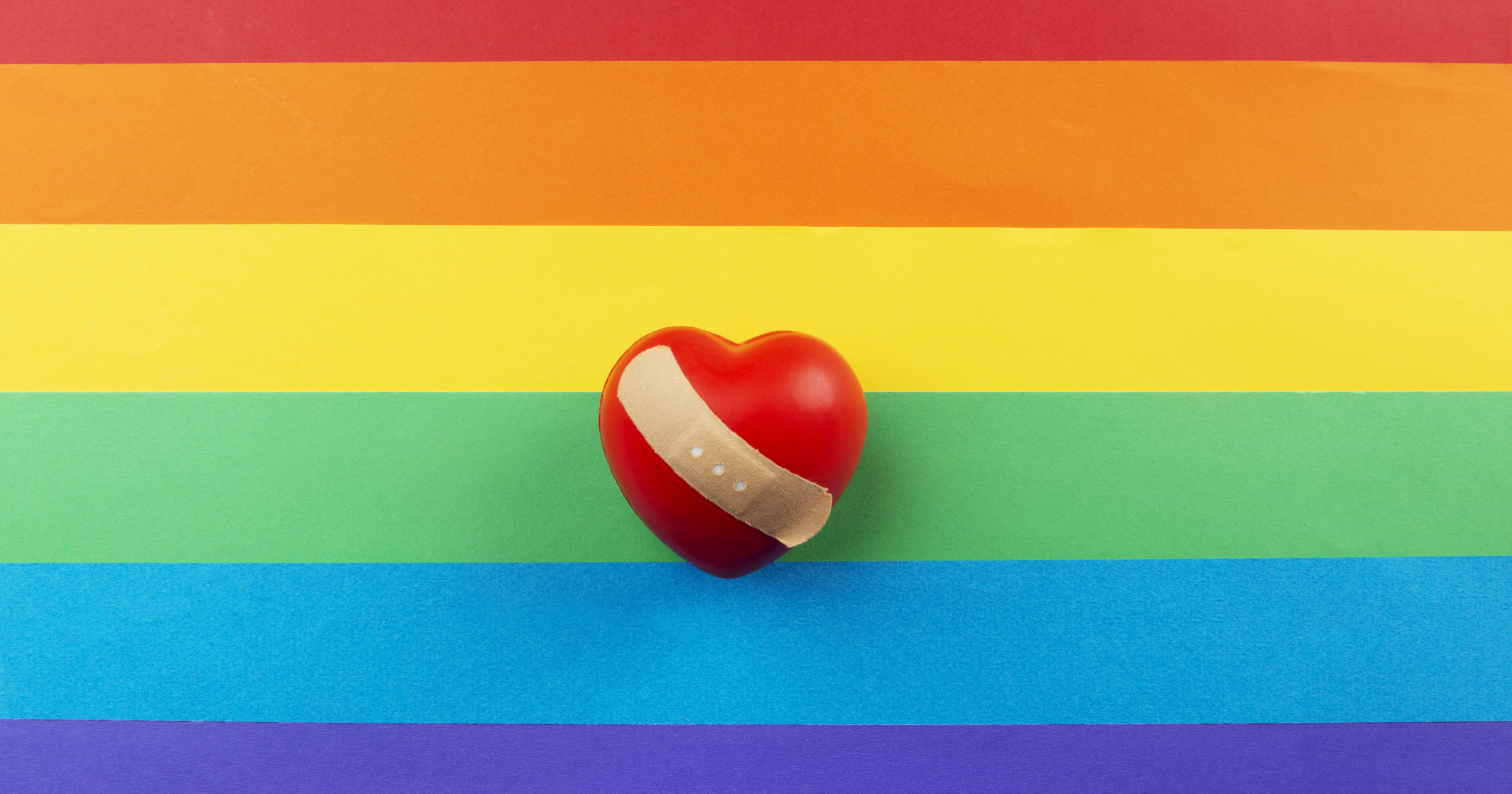
The LGBTQ+ community needs respect and love now and always. (Photo: Wiki)
As history shows, the LGBTQ+ community is susceptible to many disadvantages that affect their rights and quality of life. These disadvantages such as differences in income, a health care gap, and certain health risks have now started to affect more than just the LGBTQ+ community. These disadvantages are now aiding in the spread of COVID-19 by increasing the vulnerabilities of those a part of the community. New and unique challenges are presented each day of the pandemic. Although the true impact of COVID-19 is not clear, since we have not reached the end of the pandemic, the current effects are clear.
Currently, there are about 14 million LGBTQ adults and 2 million LGBTQ youth in the United States. This large population has unique health needs that are affecting their vulnerability to the virus. A key aspect of COVID-19 is its effect on the lungs due to its respiratory nature. Because of this, smokers are believed to have an increased risk to more severe cases of COVID-19 due to their weaker lungs. According to an analysis by the Human Rights Campaign Foundation (HRC), 37% of LGBTQ adults smoke every day compared to 27% of non-LGBTQ people. Furthermore, asthma increases the risk of contracting COVID-19; HRC conducted an analysis that found that 21% of LGBTQ adults have asthma, compared to 14% of non-LGBTQ people. The research done by HRC proves that the LGBTQ community has more people with lung issues than their cisgender counterparts. This makes them more susceptible to contracting COVID-19 and experiencing more severe symptoms.
The LGBTQ+ community is also often in a lower SES compared to the cisgender population. Before the COVID-19 outbreak, 13% of people in the LGBTQ+ community were unemployed compared to the 9% unemployment rate for all working-age Americans. This means that they are more likely to live in poverty and lack adequate health care services. Since the start of the outbreak, this issue has become even greater due to the financial crisis that has left millions unemployed. The lack of adequate health care makes people apprehensive to visit the doctor if they are experiencing possible symptoms of COVID-19. Also, if they do in fact have the virus, many cannot afford the medical bills that could arise from hospitalization. Due to an analysis by independent nonprofit FAIR Health, uninsured patients who become hospitalized due to COVID-19 can expect to pay anywhere from $42,486 to $74,310 in medical bills. This is an evident display of the health coverage gap that exists between the LGBTQ+ community and their cisgender peers. One in five LGBT adults have not seen a doctor when needed because they could not afford it. This number increases when you look at LGBTQ individuals that are also a part of a minority group; 23% of Black LGBTQ adults and 24% of Latinx LGBTQ adults are most likely to have avoided going to the doctor because of costs. The health care issue in the United States is only increasing the rate of the spread of COVID-19; people do not want to visit a doctor because they barely have the money to buy basic necessities during a time of mass layoffs.
Those that are employed in the LGBTQ+ community are experiencing issues of their own. The only industries that are open during the pandemic are essential. Because most industries are temporarily closed, those that are still in the workforce are being exposed to potential carriers of COVID-19 every day. One million LGBTQ individuals work in hospitals, where exposure is most apparent and severe. 2 million LGBTQ individuals work in restaurants and food services, where employment is varied. Some restaurants are offering takeout and delivery services, so exposure to COVID-19 is possible. For others, though, their employment is temporarily halted until restaurants are allowed to fully open again. Other industries that are being affected by the outbreak include K12 and college education systems, which employ almost two million LGBTQ+ individuals. Also, half a million LGBTQ+ individuals work in retail; those that work in grocery stores are experiencing extremely high levels of exposure to COVID-19, while those that work in clothing stores are being given little to no shifts to work. It is estimated that traffic to clothing retailers specifically has decreased 99.3%.
All in all, the world is experiencing an unprecedented challenge that is affecting quite literally every human on Earth. The LGBTQ+ community is dealing with their own set of unique challenges that makes them more susceptible to the virus. Because of their vulnerabilities, the government needs to consider its LGBTQ+ population and their unique situation while addressing the crisis. These individuals need legislation such as anti-discriminatory laws that will increase their employment rates and opportunities to land steady jobs with access to health care benefits and paid medical leave. The LGBTQ+ community makes up a massive part of the population, so their voices need to be heard in legislation.
 NOLAbeings
Multimedia artist Claire Bangser created NOLAbeings as a portrait-based story project that marries...
NOLAbeings
Multimedia artist Claire Bangser created NOLAbeings as a portrait-based story project that marries...
 Data corner: Adobe Suite (create a PDF, social media graphic, presentation, edit a photo and video
Data corner is where you go to work with analytics and top tech skills. It takes on everything from PERL and SQL to Canva and Sprout Social.
Data corner: Adobe Suite (create a PDF, social media graphic, presentation, edit a photo and video
Data corner is where you go to work with analytics and top tech skills. It takes on everything from PERL and SQL to Canva and Sprout Social.
